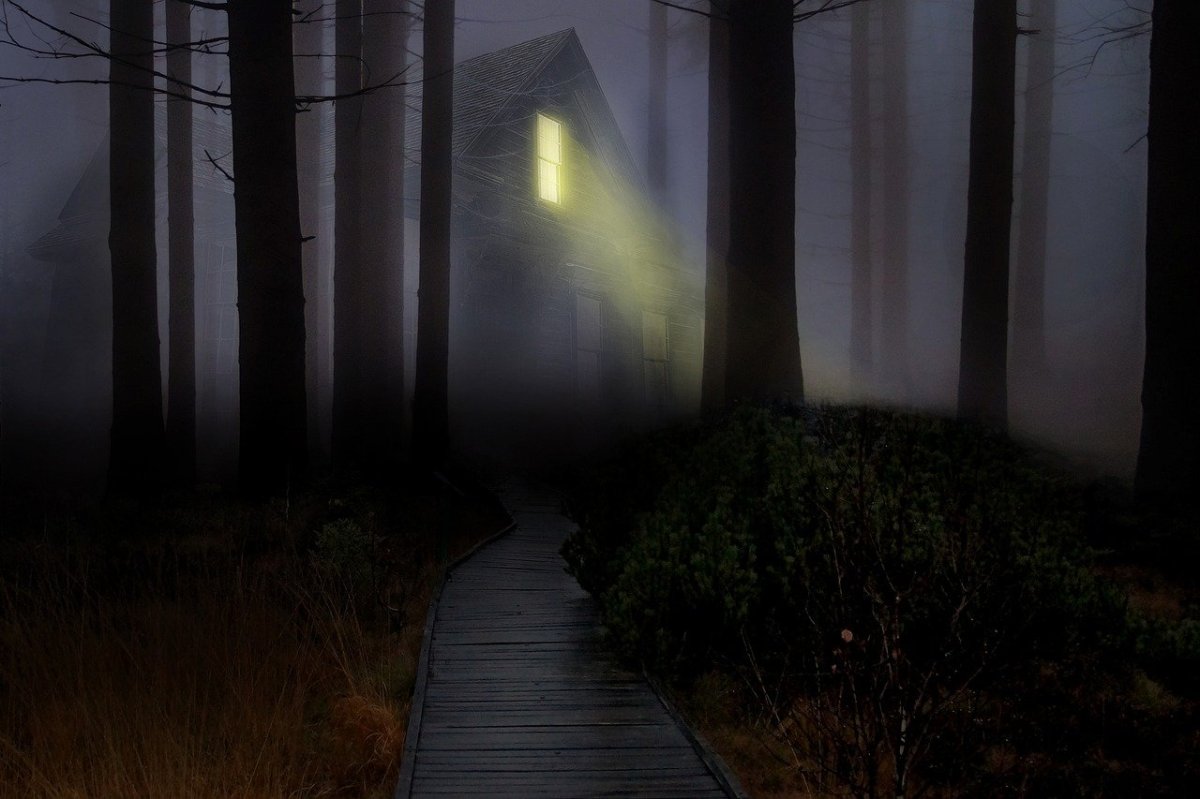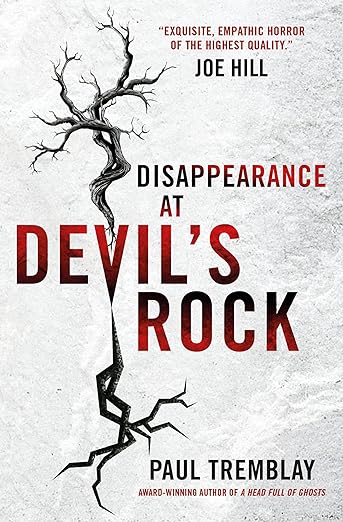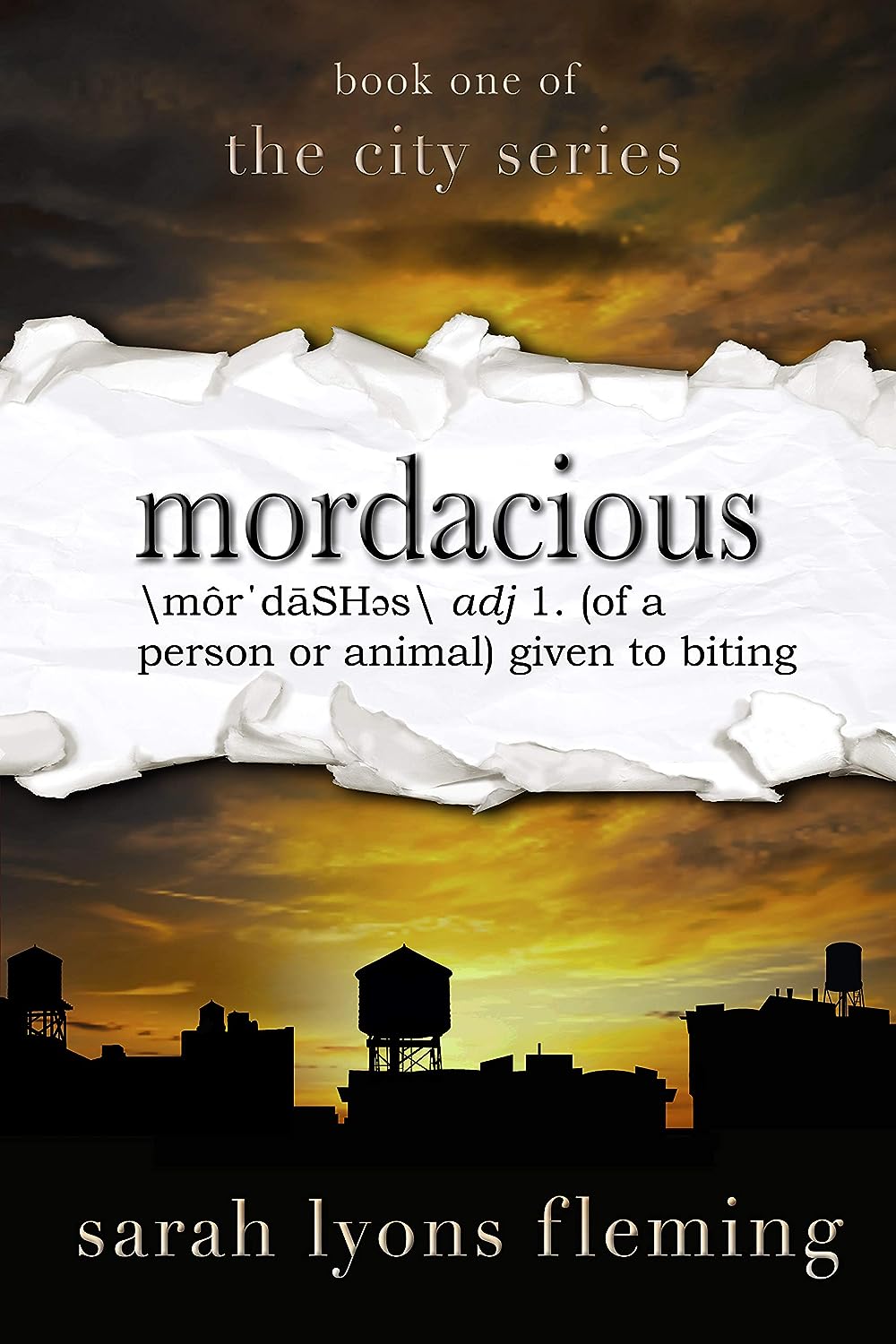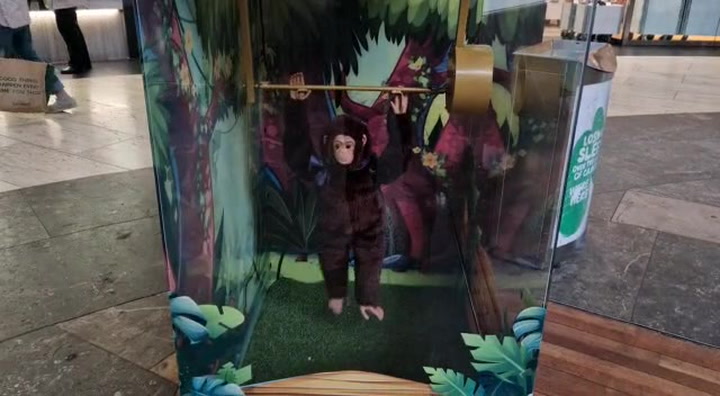It’s halfway through May already and we’re well into the 2024 NYC Midnight Competitions. Since my last post, I have also entered the 100 Word Challenge as it’s always good fun and not too time consuming. I submitted my first round entry on the 20th April. My genre was Romantic Comedy (again!) and had to involve ‘waiting for a number to be called’ and include the word ‘worst’. My entry was called I Found Love in the Same Day Emergency Care Department. I quite like it but we will see…
I got the results of the 250 Word Challenge on the 4th of April and, although I didn’t get through to the final round, I did get an Honourable Mention for There’s Something I Haven’t Told You, which I am delighted to share with you below. My estimates of the numbers tell me that I got through to the last 250 from 4000 participants and I’m happy with that!
In the Short Story Challenge, much to my surprise, Stop the Boats did get me through to the next round. Again, I have shared this with you at the end of this post. My genre for the next round was Suspense and had to be about being ‘petrified’ and include a character who is a ‘milkman’. I submitted my entry called The Cave on the 14th of April.
So, to summarise, I’m out of the 250 Word Challenge, the next round of the 100 Word Challenge is in the week commencing June 10th, and the next round of the Short Story Challenge in the week commencing July 22.
In the meantime, here are There’s Something I Haven’t Told You and Stop the Boats.
There’s Something I Haven’t Told You.
(Action Adventure/Warming Hands/Hitch)
“There’s something I haven’t told you,” I begin, looking at you over the small campfire where I squat, warming my hands against the night chill.
The forest around us is dark and still. My heightened senses alert to any sudden crack or creeping shadow. My body primed and ready to move. To grab your hand, to run, again, deeper, further.
The red and gold flames flicker in your wide blue eyes as they rise to meet mine. Your smile is soft. Patient. You nod your encouragement.
“I am not who you think I am,” I continue. A slight hitch in my voice. I am about to break your heart. “I know things. There are people who wish me dead.” You wait for more. I owe you more. An explanation for why you have been torn from your bed in the middle of the night. For why we have fled to the depths of the forest. For why I have betrayed your love. Your loyalty.
“There’s something I haven’t told you,” You begin, rising and walking around the fire towards me.
The dark forest closes around us.
“I am not who you think I am,” you continue. There is no hitch in your voice. Your eyes are blue steel.
“You know things. There are people who wish you dead.” Your voice is ice, as you draw the stiletto from your sleeve. It glints in the moonlight and my heart breaks as the blade slides in.
Stop the Boats
(Political Satire/Free Spirit/A Check-Up)
“So, Prime Minister, its time for your annual check-up.” Henry looked down at the top of his boss’s head. Not a strand of his dark, glossy hair was out of place. The aide inadvertently rubbed the top of his own bald pate.
“OK, Henry, just book me into The Cromwell as usual,” Suni muttered as he continued to read the open file in front of him. “I’m up to my neck in this tiresome business of how to ‘stop the boats.’ Damned immigrants. Will they never give up?”
On the other side of the large oak desk, Henry paused and shuffled from foot to foot before he spoke again. “Erm…that’s the thing, Prime Minister. We were thinking…”
Suni’s head shot up. His eyes narrowed as they met Henry’s behind his wire-rimmed glasses.
“Thinking? Why does it always worry me when you say that you’ve been thinking, Henry?”
“I don’t know, sir.”
Suni held Henry’s gaze. Henry rubbed his long thin fingers together with a rasping sound that set Suni’s teeth on edge.
“Well,” Suni snapped. “I’m waiting.”
“Waiting? I really don’t know, Prime Minister.”
“You don’t know what you’ve been thinking about! Jesus, am I completely surrounded by idiots?”
“No…I meant I don’t know why you worry when I say that we’ve been thinking, sir. I know what we’ve been thinking about…”
“Oh, for Christ’s sake! It was a rhetorical question, Henry. Rhetorical! Do you know what that means?”
“Yes, sir. It means…”
“I KNOW what it means, Henry. You don’t need to tell me!”
“Sorry, sir.”
“So, just tell me. Please.”
“Tell you what, sir. You just said don’t tell you…”
“Good grief, man! What you’ve been thinking! About my check-up. Come on, man. JUST TELL ME!”
“Oh. Sorry. Well, sir, we’ve been thinking that it might be prudent not to go to The Cromwell for it this year.” Henry paused.
Suni folded his arms and leant back in his green leather armchair. “Continue,” he said, now giving Henry his full attention.
“Well, we were thinking that it might be best to go somewhere less…you know…ostentatious. What with the current cost of living crisis and public opinion and all that.”
“OK, I can see that.” Suni nodded. “Where are you thinking? The Cleveland or Blackheath?”
“Erm, no, sir. We were actually thinking you should go over the bridge, to St Thomas’s or maybe down to Chelsea and Westminster.”
Suni paled. “Are you saying go…NHS?” His voice lowered and he glanced around the oak panelled room.
“Yes, Prime Minister. We think it would be…”
“I know,” Suni interrupted him. “Prudent. Hmmm.” He stroked his chin.
Henry watched the wheels of cognition turning in his boss’s mind. Watched him processing the pros and cons. Deducing what was in it for him. Calculating the political opportunity. He jumped when Suni suddenly stood up and banged his hands, palm down, on the desk.
“Great idea, Henry! Let’s do it! Let’s show our support for the NHS. Bump the Shadow Home Secretary and book me in for Friday afternoon.”
“Erm, I’ve already taken the liberty of checking availability, sir. The first date they can fit you in is on the 24th of June.”
“June!” Suni spluttered.
“Yes, I’m afraid so, sir.”
“But that’s weeks away!”
“Yes. Six weeks, sir. Waiting lists, you see. They actually put you to the top of the list. Special dispensation. Given your…you know…status.”
“For Christ’s sake. The things I do for this country. Go on then. Book me in for the 24th of June. And, Henry, make sure the press knows. I’m not putting myself through all this for nothing.”
“Yes, sir. Will do, sir. Thank you, sir.” Henry backed away a couple of paces before turning to leave the room.
Suni shook his head slowly as he resumed his reading.
“Damned immigrants,” he said again.
Meena examined herself in the scratched mirror of the staff toilet. She pulled her dark brown curls into a scrunchy and unfastened her gold nose ring. Apparently, a nose ring didn’t create the right impression. Meena frowned. What was she doing? She wasn’t here to make impressions. She was here to treat patients. Sick patients. Patients who needed her. And now she was being taken away from these patients to conduct a routine health check on a perfectly healthy individual. An individual with more wealth than a small country. An individual who was only having it performed here for the sole purpose of raising his opinion poll ratings. She refastened her nose ring and strode out of the room. The jingle of the tiny silver bells in the hem of her skirt echoed in the empty space as the door slowly closed behind her.
The Prime Minister was standing by the window talking on his phone. Big Ben and the parliament buildings were visible on the other side of the river. A dark suited security man loitered just inside the room. There was another in the corridor outside.
“He’ll be perfectly safe in here with me, if you’d like to wait with your colleague outside?” Meena gestured to the door.
The man opened his mouth to speak but Meena stopped him with a raised palm.
“Outside. Thank you.” She said with a smile, closing the door behind him as he left without further protest.
“You’ll have to turn that off in here I’m afraid, Prime Minister. No phones allowed.”
Suni shushed her with his finger and continued talking.
Meena approached him and held out her hand.
“I said, no phones.”
His eyes widened and he covered the mouthpiece to address her.
“I’m on an important call,” he hissed.
“I’m sure you are but, as I said, no phones. It affects the equipment,” she lied.
He looked at her for a long moment before he spoke through gritted teeth, “Do you know who I am?”
“Of course, I do. But in here you’re just a patient like everyone else. Now, either put away your phone or give it to me please.”
“I’ve got to go. I’ll call you back,” Suni snapped at the person on the other end of the call. Slowly and deliberately, he put his phone in his pocket, never taking his eyes from Meena’s face.
“That’s better,” said Meena. “I’m Meena Malik. I’ll be doing your examination today.”
“I thought I was seeing Professor Eadie?”
“I’m afraid Professor Eadie has been delayed at his private practice this morning. They brought me in to cover for him. He’s very sorry.”
“I’m sure he is! Are you even a doctor?” The brown-skinned woman looked like a gypsy with her wild hair, nose ring and flamboyant clothes.
“A locum consultant, yes. As I said, I’m covering for him today.”
Suni huffed.
“Anyway, let’s get started shall we. Strip off down to your underpants and pop onto the couch for me please.”
She pulled the papery curtain around him as he removed is Saville Row suit jacket. His silent irritation seeped into the room and a small smirk tickled at the corners of Meena’s mouth as she opened his file.
“I see you are Suni Rasheek,” she said. Do you prefer Mr Rasheek or Suni?”
“Actually, convention dictates that you address me as, sir or Prime Minister.” His voice was muffled from behind the curtain.
“I’m not big on convention. I’ll stick with Suni if that’s OK? I like to keep things informal. Relaxed. Better for the blood pressure. Are you ready in there?”
“Yes.”
Meena flung the curtain back to reveal Suni lying on the couch. He’d covered himself with a thin blanket. She whipped it off with a flourish.
“No need for that! Let’s have a good look at you.”
“It’s bloody freezing in here,” Suni grumbled with a shiver.
“It is, isn’t it. Cuts. Can’t afford to heat the place. But I suppose you know all about that.”
“It’s filthy too,” Suni said, looking around at the peeling paint and scuffed woodwork.
“No, not filthy.” Meena shot him a glance. “Just in need of an upgrade. A lick of paint. But again you…”
“Alright. You’ve made your point,” he interrupted her.
They were silenced by the loud hum of the blood pressure machine.
“Hmmm. BP’s a bit high, Suni,” said Meena.
“Really, you do surprise me!”
“I’m just going to do your heart tracing now. I need to shave off some of your chest hair to make sure the leads stick, if that’s OK?”
“Whatever,” Suni sighed. “Let’s just get this over with. I’ve got things to do.”
He winced as the cheap razor scraped across his skin. She stuck disposable electrodes on the bare patches in his thick dark chest hair.
“Any chance of a hot drink?” he asked, wistfully recalling the warm, plush examination rooms at The Cromwell. The soft blankets. The sparkling cleanliness. The smell of the coffee machine. The delicious canapes.
“Of course, when we’re finished. What would you like?”
“I’ll have a Chai Latte, soya milk, no sugar.”
Meena suppressed a snort.
“It’s just tea or instant coffee on offer. With milk and sugar of course. We have that.”
“I’ll leave it.”
“No problem. Let me know if you change your mind. I’m sure we could rustle up a Rich Tea biscuit, or two, if you fancy.” She emphasised the word ‘rich’ but her provocative play on words elicited no reaction.
She shrugged and started attaching the ECG leads.
“Where are you from, Dr Malik?” Suni changed the subject.
“East London. Dulwich. Call me Meena, please.”
“No, I mean where are you from? You have a slight accent.”
“Oh, I see.” Meena stopped what she was doing and looked at him. “My parents came here as refugees from Iran in 2001. I was seventeen at the time.”
“Ah, I see.” Suni nodded sagely. “So, you did your medical training here then. That’s good.”
“So where are you from, Suni?”
“Me? I’m British of course. I was born and raised just down the road in Surrey in fact.”
“No, I mean where are you from? Your name? Your heritage?”
“Well, its not really relevant but, if you must know, my grandparents immigrated here in the 1960’s from Kenya.”
“Oh, also refugees then?”
“Well, not really. Not in the true sense of the word. They made a choice. An economic choice.”
Meena didn’t answer. She was frowning as the ECG machine whirred and the paper started to curl out of the machine.
“Something wrong?” Suni asked.
“Possibly…” Meena examined the tracing.
Suni felt his heart thumping in his chest as the medic pored over the recording. She looked up at him with a serious expression.
“Mr Rasheek, I’m afraid there are some…anomalies…on the heart tracing. I think we should do an urgent exercise stress test before you leave. Record the ECG again while you are walking on the treadmill. Is that OK?”
“Really? Today? Are you sure that’s absolutely necessary?”
“I would definitely recommend it, Mr Rasheek. Just to be on the safe side.”
Thirty minutes later, a bare-footed and bare-chested Suni was fully wired up and walking on a treadmill that was gradually increasing in speed. They had permitted him the small dignity of putting his trousers back on. Meena was sitting on a swivel chair watching a monitor with a white-coated technician. Their expressions were grim.
“Are you alright, Mr Rasheek?” Meena asked.
“Yes,” Suni panted, but he wasn’t sure he was. His chest was tight. He couldn’t catch his breath. He’d let himself get so unfit. But he couldn’t show these people that. After this was sorted out, he’d have to get back into the gym. Start jogging again.
“Just a little faster for a few minutes and then we’re done.” Meena called.
Suni was sweating now. It was pouring from him. Black spots were floating around the edges of his vision. The tightness in his chest had become more of an ache. A cramp.
“Are you alright? Are you sure?” Meena was walking towards him. “Stop the treadmill, Gary!”
The deep heavy ache was spreading down his arm. He felt sick. Dizzy.
“Shit!” he heard Meena say, just before the world went dark.
Henry observed his boss from behind the bullet proof glass of his suite at The Cromwell. His security detail stood on either side of the door. The Prime Minister was propped up in bed surrounded by newspapers. He was reading the front page of The Times. Wires snaked from beneath the sheets to a beeping cardiac monitor on the wall. A breakfast tray on the bedtable was laden with fresh fruit and croissants. Vases of flowers and cards from well-wishers covered all the other surfaces.
Henry knocked once and entered the room. The Prime Minister looked up from his paper.
“Good morning, sir. How are you feeling?” Henry asked.
“Much better today thanks, Henry.”
“Good. I see you’ve got the papers.” Henry nodded at the array of newspapers on the bed. They all focused on the same main story. The Prime Ministers cardiac arrest and resuscitation at St. Thomas’ Hospital the previous day. Many of them focused specifically on the female doctor who had saved his life. Henry looked at the tabloid closest to him. The headline read:
GRANDAUGHTER OF IRANIAN REFUGEE SAVES PM’S LIFE.
Underneath the headline, a large photograph of a smiling Meena Malik filled the top half of the page. She was looking over her shoulder as she got into a coral pink Fiat 500, surrounded by photographers.
“Certainly got the attention of the press, sir.” Henry said, picking up the paper for a closer look.
“Yes, but maybe not in the way I was expecting,” Suni gazed out of the large picture window at the familiar London skyline.
Henry cleared his throat.
“I know you’re going to be out of action for a bit, and of course the Deputy PM will take over in your absence, sir, but the ‘stop the boats’ bill goes to the commons today and I know this is a big priority for you…”
“Yes, well, I’ve been thinking about that, Henry.”
Henry supressed the urge to say that it worried him when the Prime Minister said he’d been thinking.
Instead, he said, “Oh.”
Yes, Henry. I’ve been thinking that maybe it would be prudent to have another look at the NHS funding bill before we progress with ‘stopping the boats’. Just for now at least.”
“Good idea, sir.”
“Yes, Henry. I rather think it is.”










